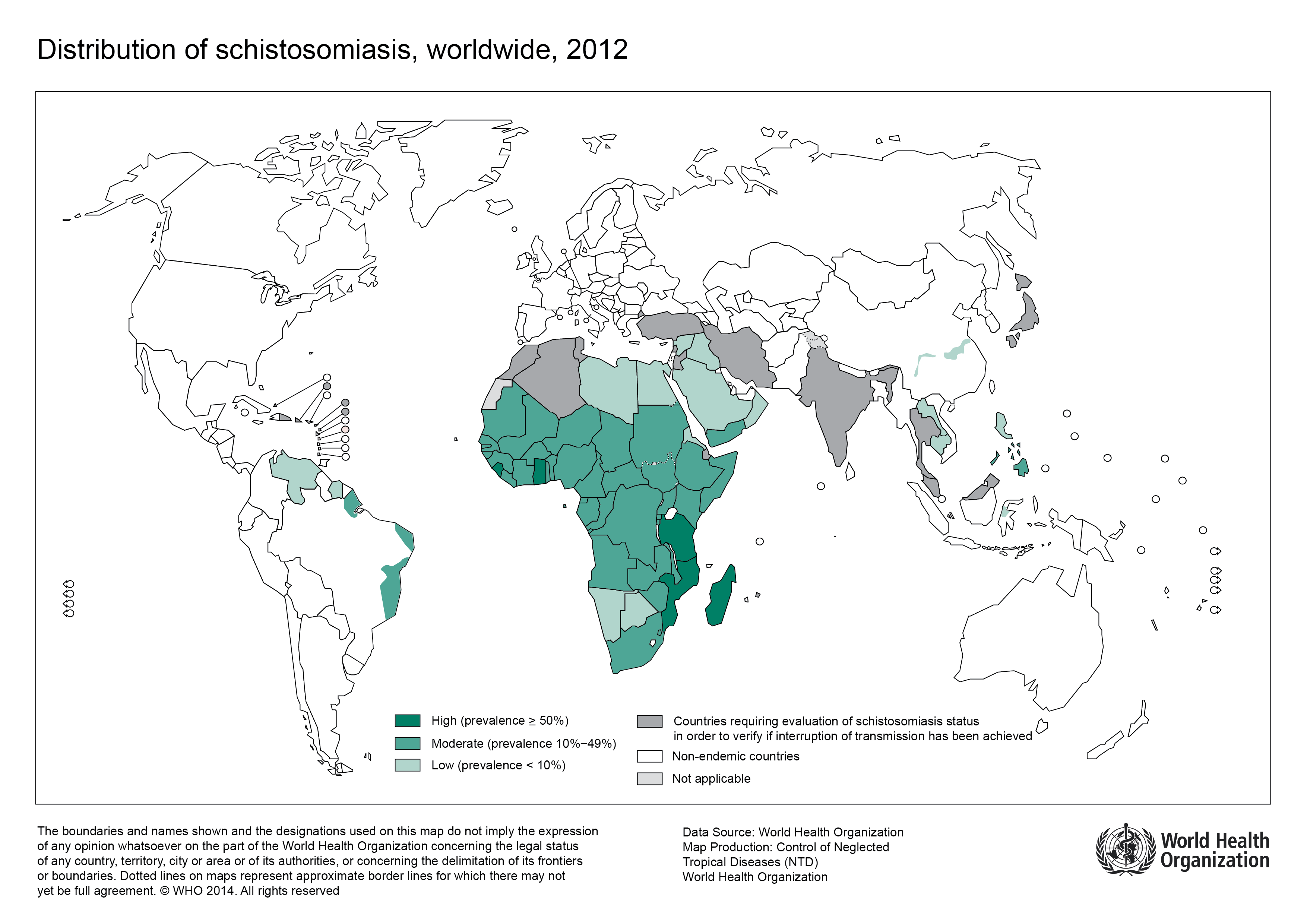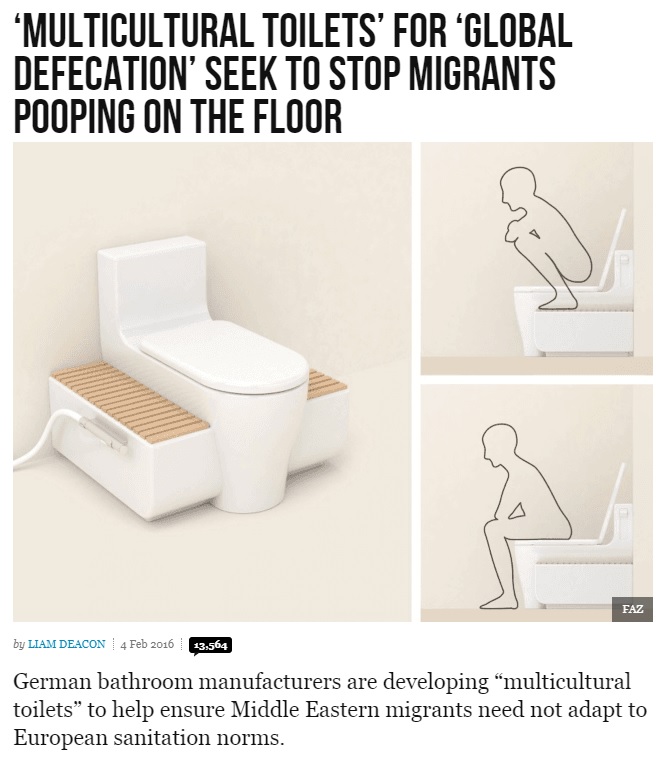Deadly Parasitic Worm Coming to Europe Due to Third-World MigrationChris MenahanInformationLiberation Jul. 10, 2018 |
Popular 
Only 15 Senators Vote to Block Arms to Israel, Despite Majority of Americans Wanting Aid to End

IDF Gunned Down Gaza Paramedics in Clearly Marked Emergency Vehicles, Recovered Video Shows

Key October 7th 'Mass Rapes' Witness Featured in Sheryl Sandberg Film 'Exposed as a Serial Liar'

Rabbi Tells Senate Hearing It's 'Not Enough' to Be 'Not Anti-Semitic' - 'One Must Be Anti-Anti-Semitic'

Sen. Schumer: 'My Job is to Keep the Left Pro-Israel'
  One of the many benefits of open borders! One of the many benefits of open borders!Karl Hoffmann, a professor of parasitology at Aberystwyth University, writes in The Independent: Not so long ago, human diseases caused by parasitic worms were thought to be confined to resource poor communities throughout Africa, Asia and South America. But in this age of global travel and changing climate, parasitic worms are slowly but surely moving into parts of Europe and North America. The long-term consequences of increased parasitic worm distributions are difficult to predict, but the harm that infection causes highlights the need for developing control strategies that can mitigate this 21st-century threat to global health.  Approximately 85 per cent of all human schistosomasis currently occurs in sub-Saharan Africa, but outbreaks have recently been reported on the Mediterranean island of Corsica. People become infected with the parasites when they come into contact with certain types of freshwater snail that produce human-infective stage schistosomes. These parasitic worms rapidly penetrate the skin and develop into adult male and female schistosomes within the blood vessels surrounding the intestines or bladder of infected individuals.Here's a graphic from the 1940's: _can_be_prevented_(6798333482).jpg) As you can see, this parasite is spread by people who defecate (and urinate) in public, which as we all know, is now a major problem all over Europe.  As the Italian paper La Stampa said last year, we should be grateful that migrants are bringing in a rich tapestry of "millions of microbes, fungi, bacteria" (and now parasitic worms) that "our world has lost" to enrich our "biodiversity!" A clandestine migration is underway, imperceptible, but tumultuous and unstoppable. It crosses frontiers, moves from people or atmospheric events. Unloading on Europe - and on Italy which is its advance guard - millions of microbes, fungi, bacteria coming from Africa. But they don't seemed destined to destroy us. On the contrary, they may help us combat one of our worst - and neglected - afflictions: the loss of biodiversity, in the environment but especially in our body.Thanks, libs! Follow InformationLiberation on Twitter, Facebook and Gab. |



